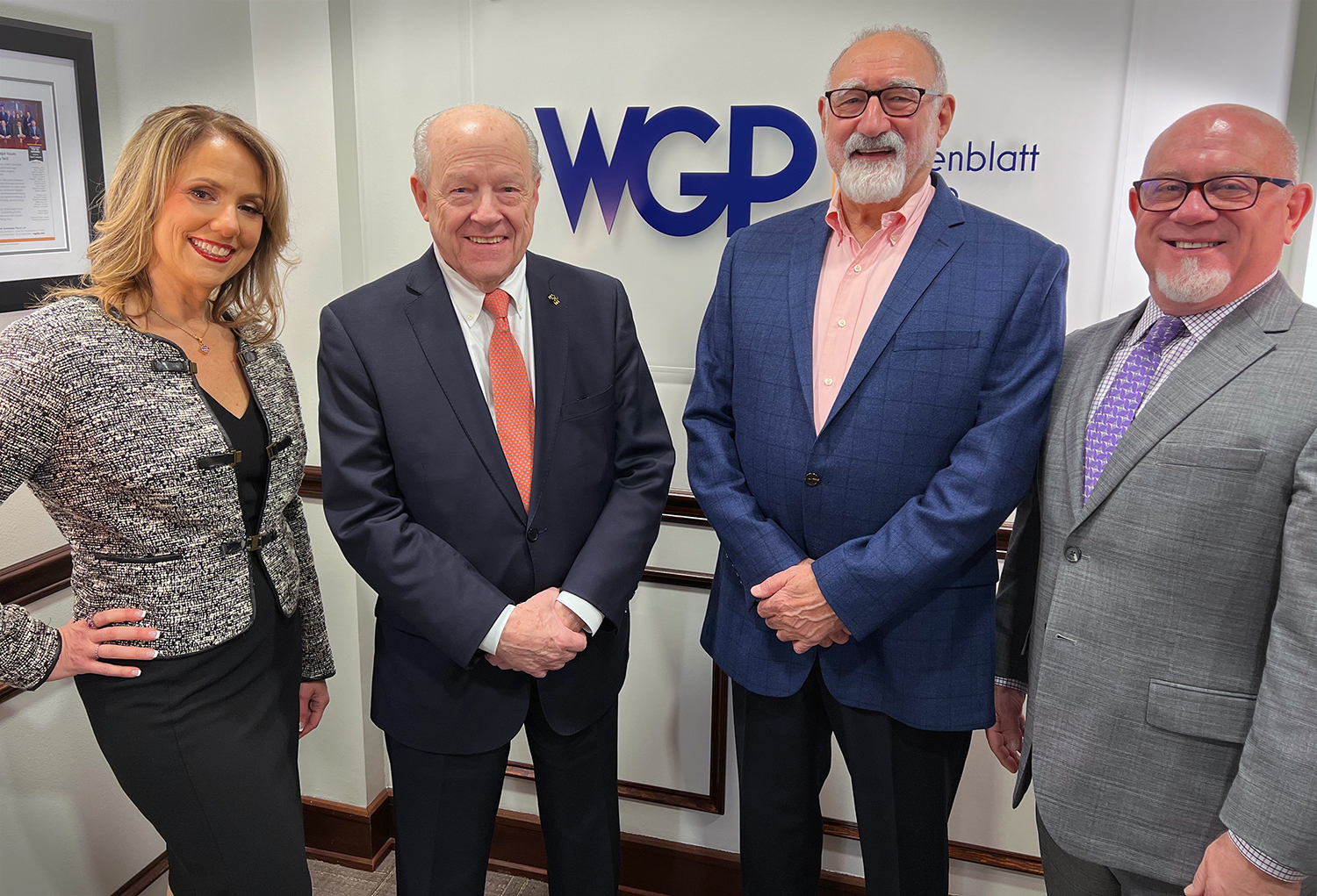 Today I am off to The Hague, The Netherlands, for the Annual Training and General Assembly of the Association of Defence Counsel Practising before the International Criminal Tribunal for the Former Yugoslavia (ADC-ICTY) on 30 November and 1 December (using European date formats is part of the travel prep). Topics include: Best Practices of Defence Counsel – A View from the Bench, Ethical Considerations for Defence Counsel, The Residual Mechanism, and Review of Appeal Judgements.
This will likely be the last meeting of the ADC-ICTY in this precise form, as the Yugoslavia Tribunal (ICTY) in it’s current form will cease to exist in July of 2013. At that point the Mechanism for International Criminal Tribunals (MICT), also known as the Residual Mechanism, will take over certain functions of the ICTY. The MICT, created by the U.N. in late 2010, has already assumed some of the functions of the Internattional Criminal Tribunal for Rwanda (ICTR) effective July 2012. The MICT will be responsible for new cases, including contempt proceedings, re-trials, new appeals, post-judgment matters, incarceration and release decisions, and certain other functions previously performed by the tribunals. Until the completion of pending trials and appeals, the existing tribunals will exist in tandem with the MICT.
Today I am off to The Hague, The Netherlands, for the Annual Training and General Assembly of the Association of Defence Counsel Practising before the International Criminal Tribunal for the Former Yugoslavia (ADC-ICTY) on 30 November and 1 December (using European date formats is part of the travel prep). Topics include: Best Practices of Defence Counsel – A View from the Bench, Ethical Considerations for Defence Counsel, The Residual Mechanism, and Review of Appeal Judgements.
This will likely be the last meeting of the ADC-ICTY in this precise form, as the Yugoslavia Tribunal (ICTY) in it’s current form will cease to exist in July of 2013. At that point the Mechanism for International Criminal Tribunals (MICT), also known as the Residual Mechanism, will take over certain functions of the ICTY. The MICT, created by the U.N. in late 2010, has already assumed some of the functions of the Internattional Criminal Tribunal for Rwanda (ICTR) effective July 2012. The MICT will be responsible for new cases, including contempt proceedings, re-trials, new appeals, post-judgment matters, incarceration and release decisions, and certain other functions previously performed by the tribunals. Until the completion of pending trials and appeals, the existing tribunals will exist in tandem with the MICT.
Off to The Hague
By: alan-yatvin
 Today I am off to The Hague, The Netherlands, for the Annual Training and General Assembly of the Association of Defence Counsel Practising before the International Criminal Tribunal for the Former Yugoslavia (ADC-ICTY) on 30 November and 1 December (using European date formats is part of the travel prep). Topics include: Best Practices of Defence Counsel – A View from the Bench, Ethical Considerations for Defence Counsel, The Residual Mechanism, and Review of Appeal Judgements.
This will likely be the last meeting of the ADC-ICTY in this precise form, as the Yugoslavia Tribunal (ICTY) in it’s current form will cease to exist in July of 2013. At that point the Mechanism for International Criminal Tribunals (MICT), also known as the Residual Mechanism, will take over certain functions of the ICTY. The MICT, created by the U.N. in late 2010, has already assumed some of the functions of the Internattional Criminal Tribunal for Rwanda (ICTR) effective July 2012. The MICT will be responsible for new cases, including contempt proceedings, re-trials, new appeals, post-judgment matters, incarceration and release decisions, and certain other functions previously performed by the tribunals. Until the completion of pending trials and appeals, the existing tribunals will exist in tandem with the MICT.
Today I am off to The Hague, The Netherlands, for the Annual Training and General Assembly of the Association of Defence Counsel Practising before the International Criminal Tribunal for the Former Yugoslavia (ADC-ICTY) on 30 November and 1 December (using European date formats is part of the travel prep). Topics include: Best Practices of Defence Counsel – A View from the Bench, Ethical Considerations for Defence Counsel, The Residual Mechanism, and Review of Appeal Judgements.
This will likely be the last meeting of the ADC-ICTY in this precise form, as the Yugoslavia Tribunal (ICTY) in it’s current form will cease to exist in July of 2013. At that point the Mechanism for International Criminal Tribunals (MICT), also known as the Residual Mechanism, will take over certain functions of the ICTY. The MICT, created by the U.N. in late 2010, has already assumed some of the functions of the Internattional Criminal Tribunal for Rwanda (ICTR) effective July 2012. The MICT will be responsible for new cases, including contempt proceedings, re-trials, new appeals, post-judgment matters, incarceration and release decisions, and certain other functions previously performed by the tribunals. Until the completion of pending trials and appeals, the existing tribunals will exist in tandem with the MICT.





